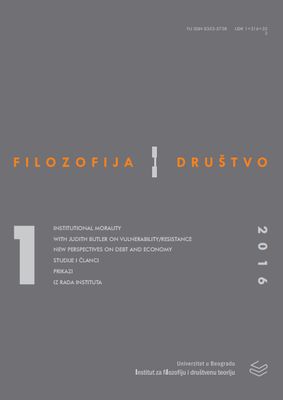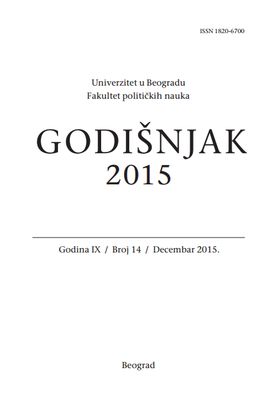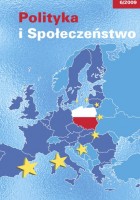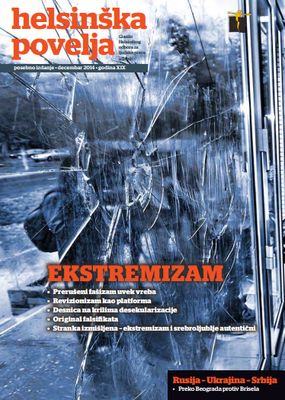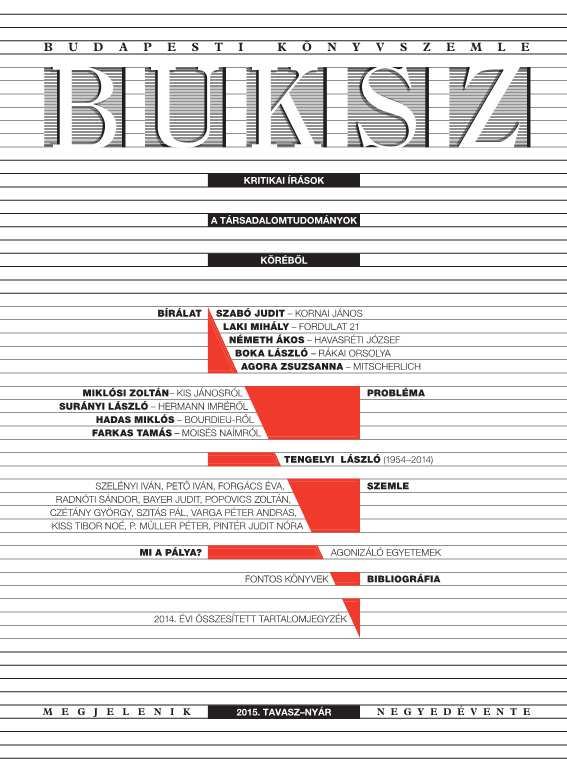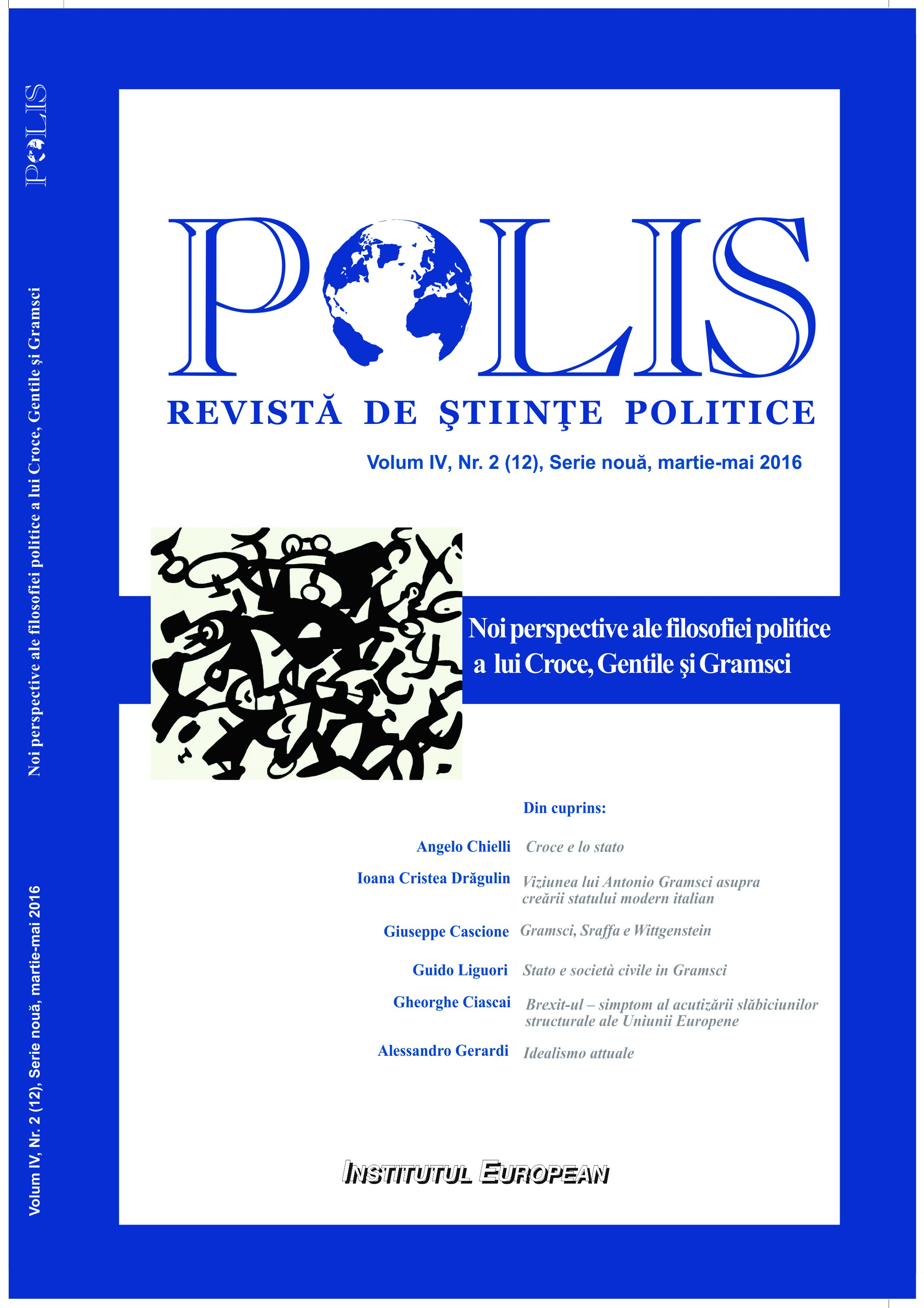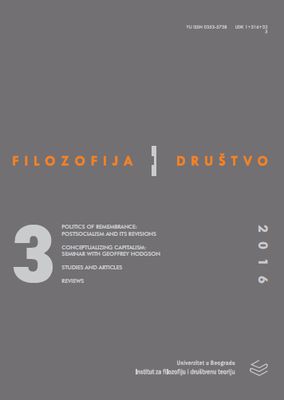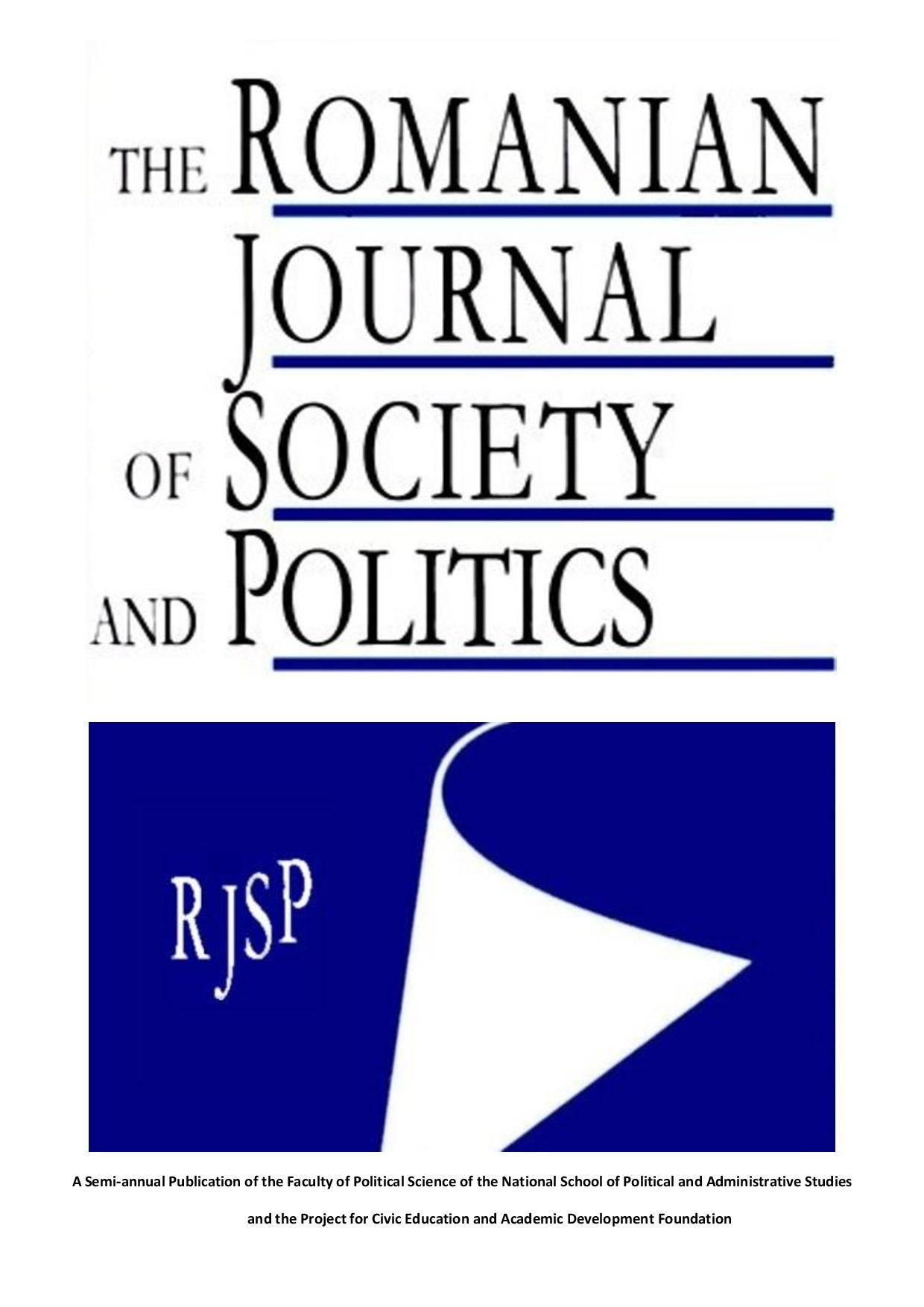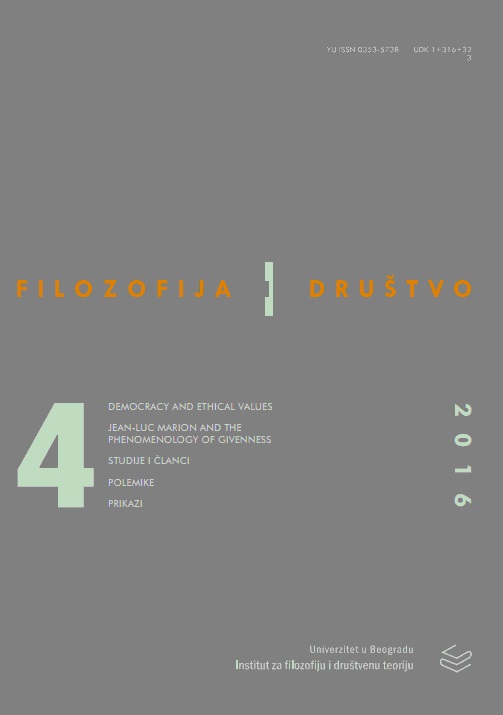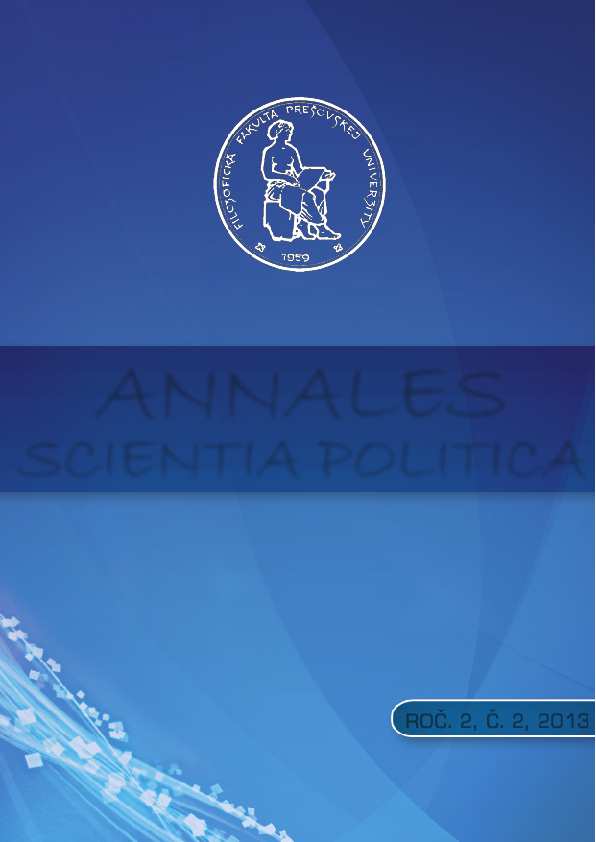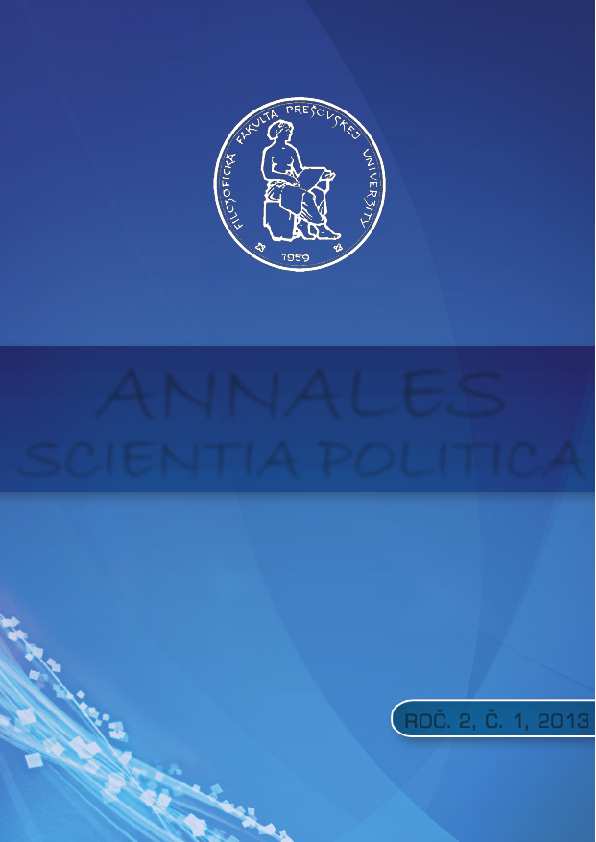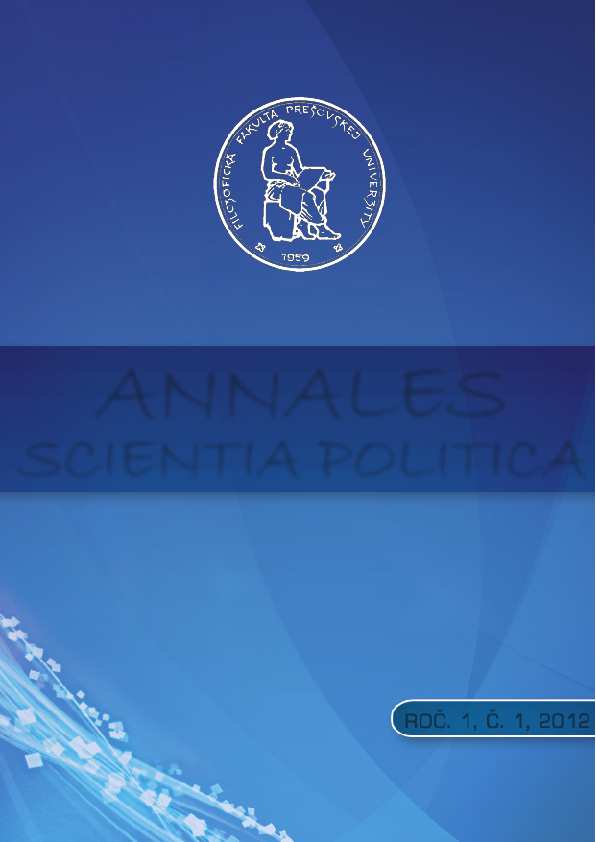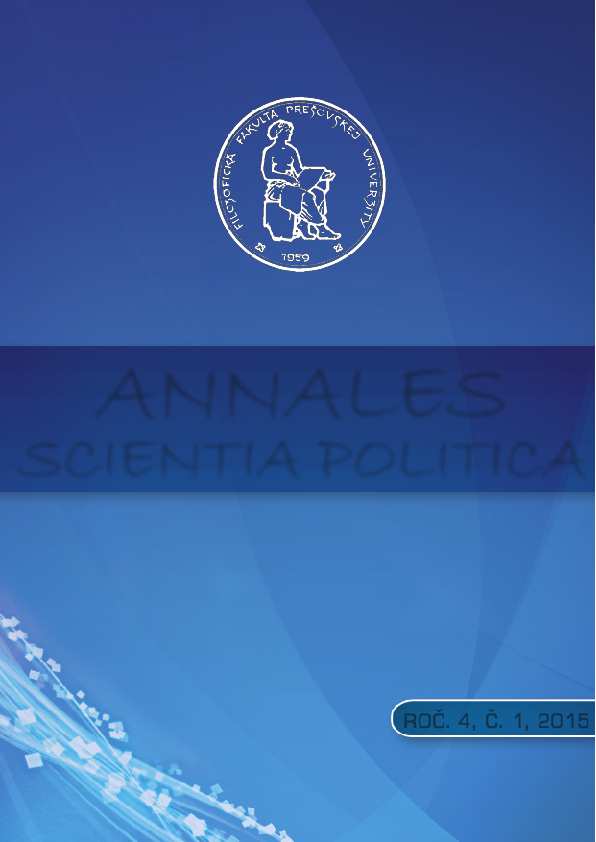Challenging the Legitimacy of Normative Positivism: Institutionalist Alternatives to Dominant Analyses of Economic Action
In standard Habermasian terms, legitimacy is the recognized worthiness of a political order that justifies and solidifies that order’s domination. It may thus appear that the concept of legitimation can only be applied to the political sphere, for instance to analyze the emergence of a political system such as Western Democracy. However, the growing political influence of neoliberal economic thought and policies allows the application of the concept of legitimacy to the knowledge underlying neo-liberalization. This article investigates the delegitimation of normative positivism, the epistemological premise of dominant analyses of economic action. The decontextualizing logic of those analyses continues guiding neo-liberal policies despite the evidence that these policies do not produce the promised results. At the same time, the marriage between political capitalism and positivist economic analyses presents both the knowledge and the resulting policies as the only possible solutions to the multiple crises of capitalism. Hence, I advocate for an increased reliance on institutionalist epistemologies that emphasize historical and cultural contextuality. In doing that, I highlight promising examples of institutionalist thought that can help accelerate the delegitimation of normative positivism and thus create openings for studying the alternatives to capitalism.
More...
